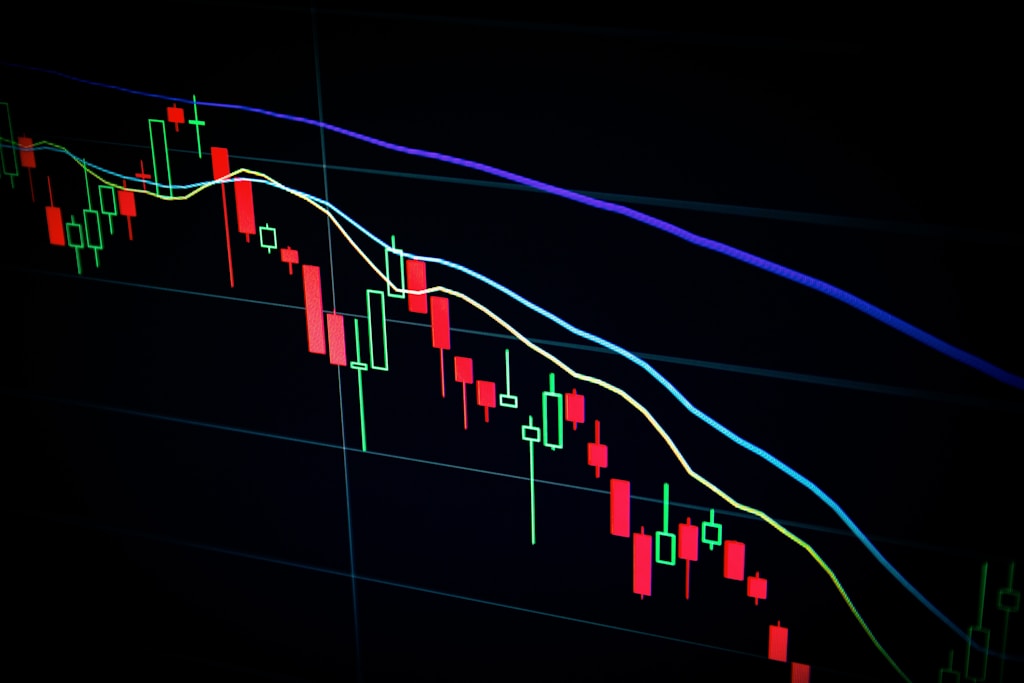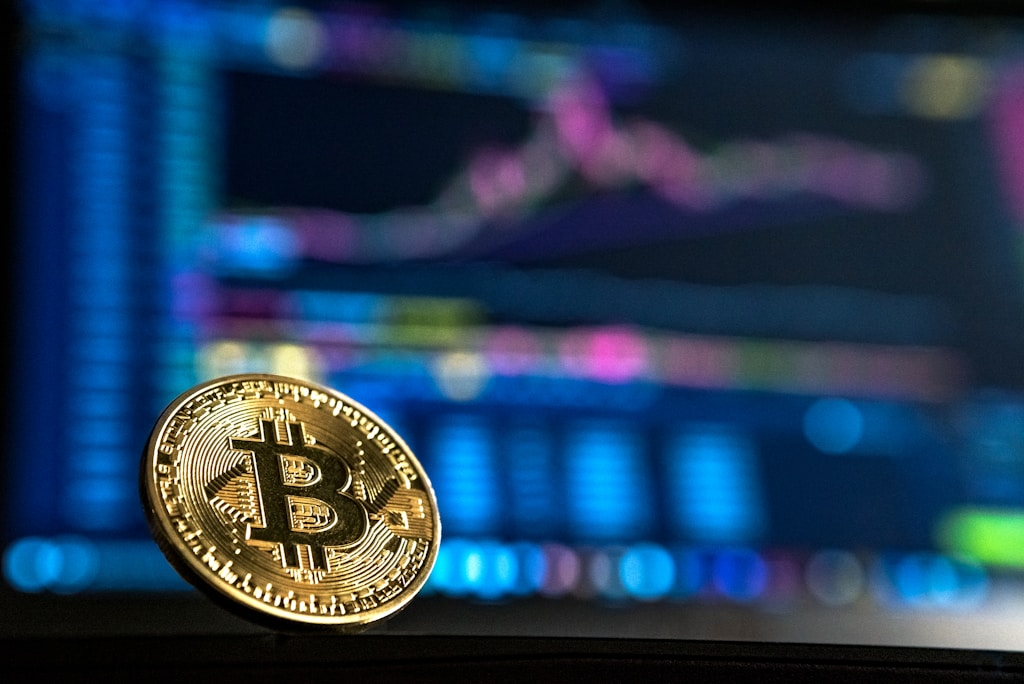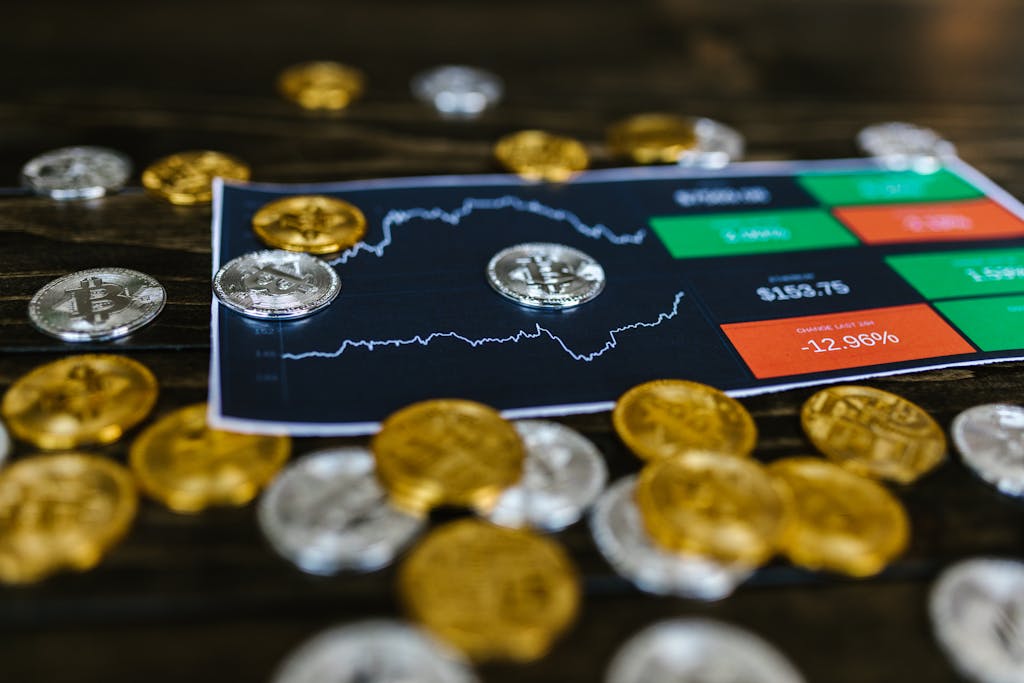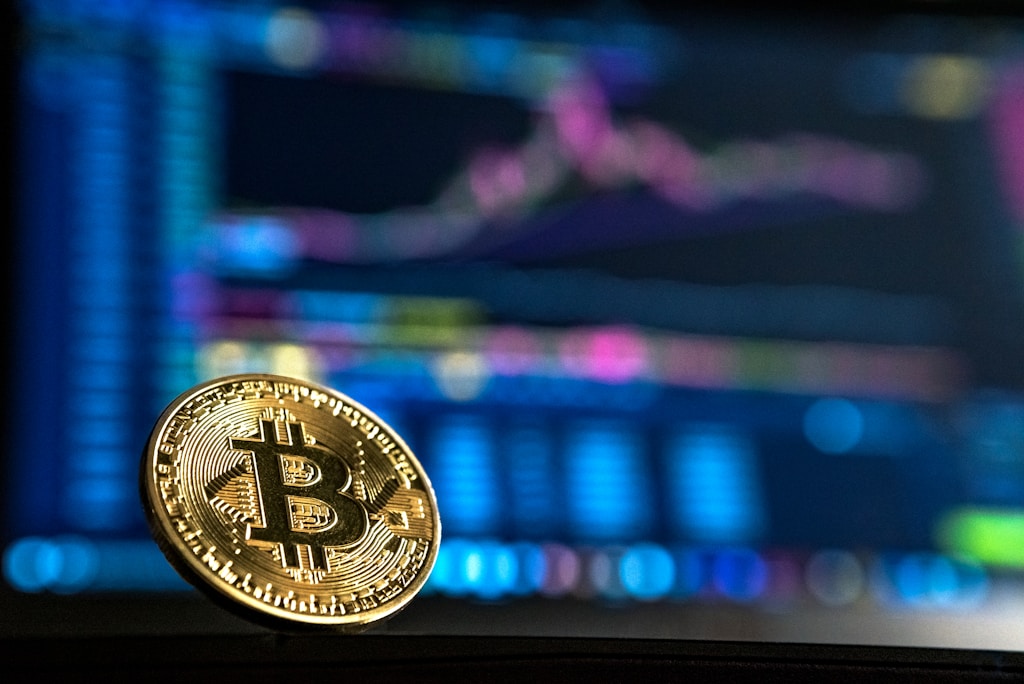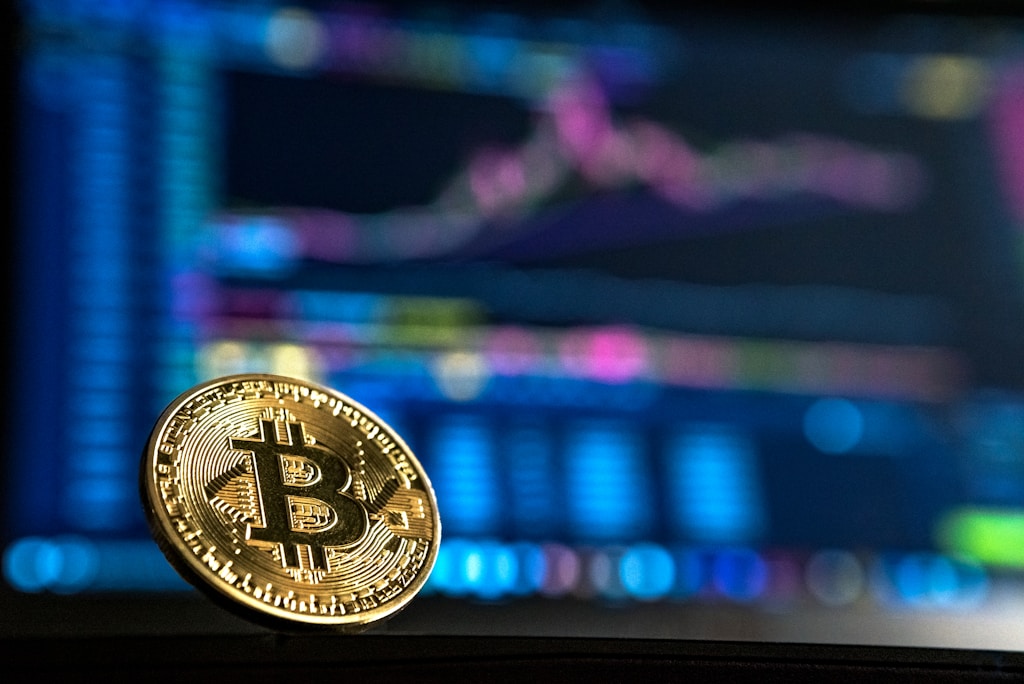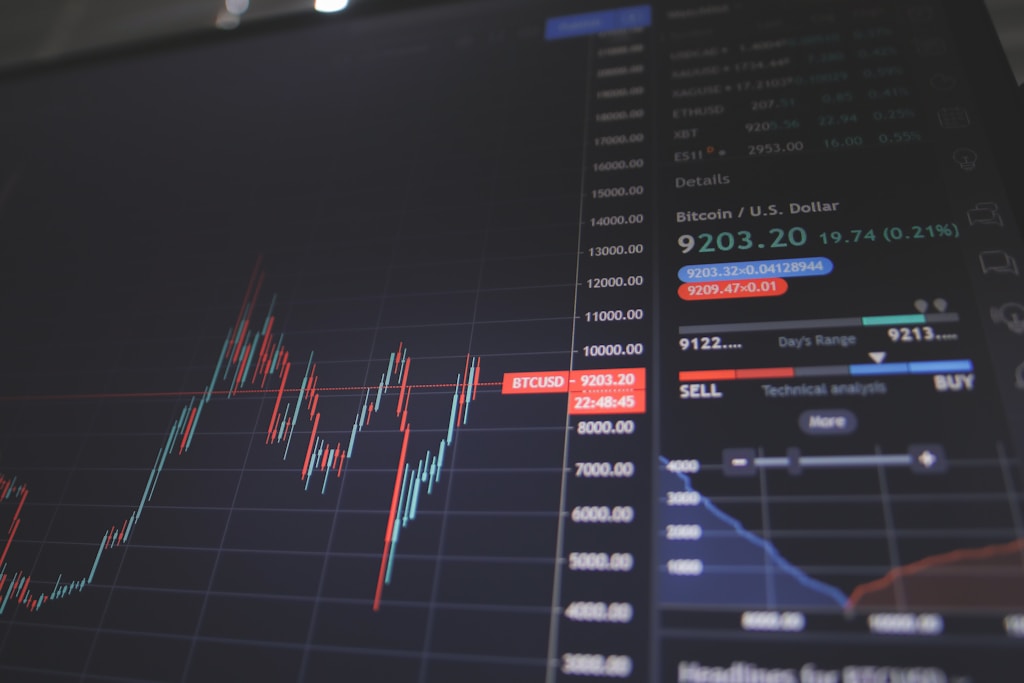Russia’s largest bank, Sberbank, has made a groundbreaking move in the cryptocurrency sector by announcing the issuance of its first-ever structured Bitcoin bonds. This development marks a significant milestone in the institutional adoption of cryptocurrency in Russia, coming at a time when Bitcoin’s long-term prospects continue to strengthen.
Key Highlights of Sberbank’s Bitcoin Bond Launch
- First batch of structured Bitcoin bonds issued by Russia’s largest bank
- Initially available only to qualified investors
- Plans to expand crypto-linked securities offerings
- Represents major institutional adoption milestone in Russia
Understanding Sberbank’s Bitcoin Bond Structure
The newly launched Bitcoin bonds represent a structured investment product that tracks Bitcoin’s performance while providing institutional-grade security. These instruments allow qualified investors to gain exposure to Bitcoin price movements without directly holding the cryptocurrency.
Institutional Impact and Market Implications
This move by Sberbank could trigger a wave of institutional adoption in Russia’s financial sector. As similar to recent developments in Norway, major banks entering the crypto space often catalyze broader market participation.
Future Expansion Plans
Sberbank has indicated plans to expand its crypto-linked securities offerings, suggesting a broader strategy to integrate digital assets into traditional banking services.
FAQ Section
What are Bitcoin bonds?
Bitcoin bonds are financial instruments that track Bitcoin’s price performance while offering traditional security features of bonds.
Who can invest in Sberbank’s Bitcoin bonds?
Currently, only qualified investors meeting specific criteria set by Russian regulations can invest in these bonds.
Will these bonds be available to retail investors?
While initially restricted to qualified investors, Sberbank has indicated plans to expand availability in the future.

